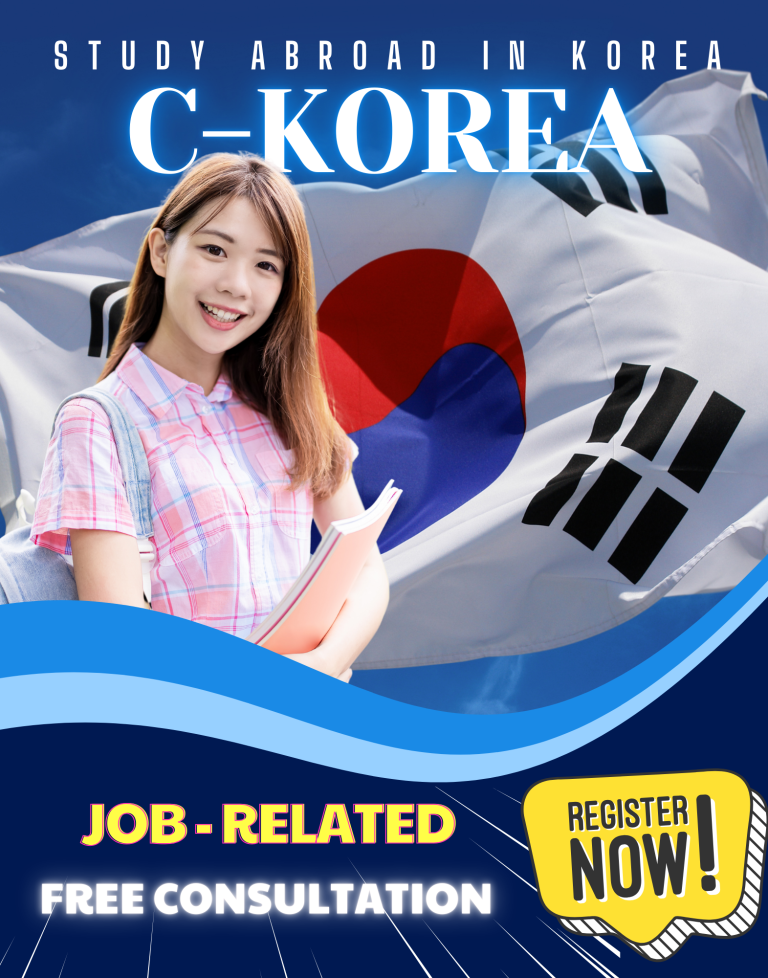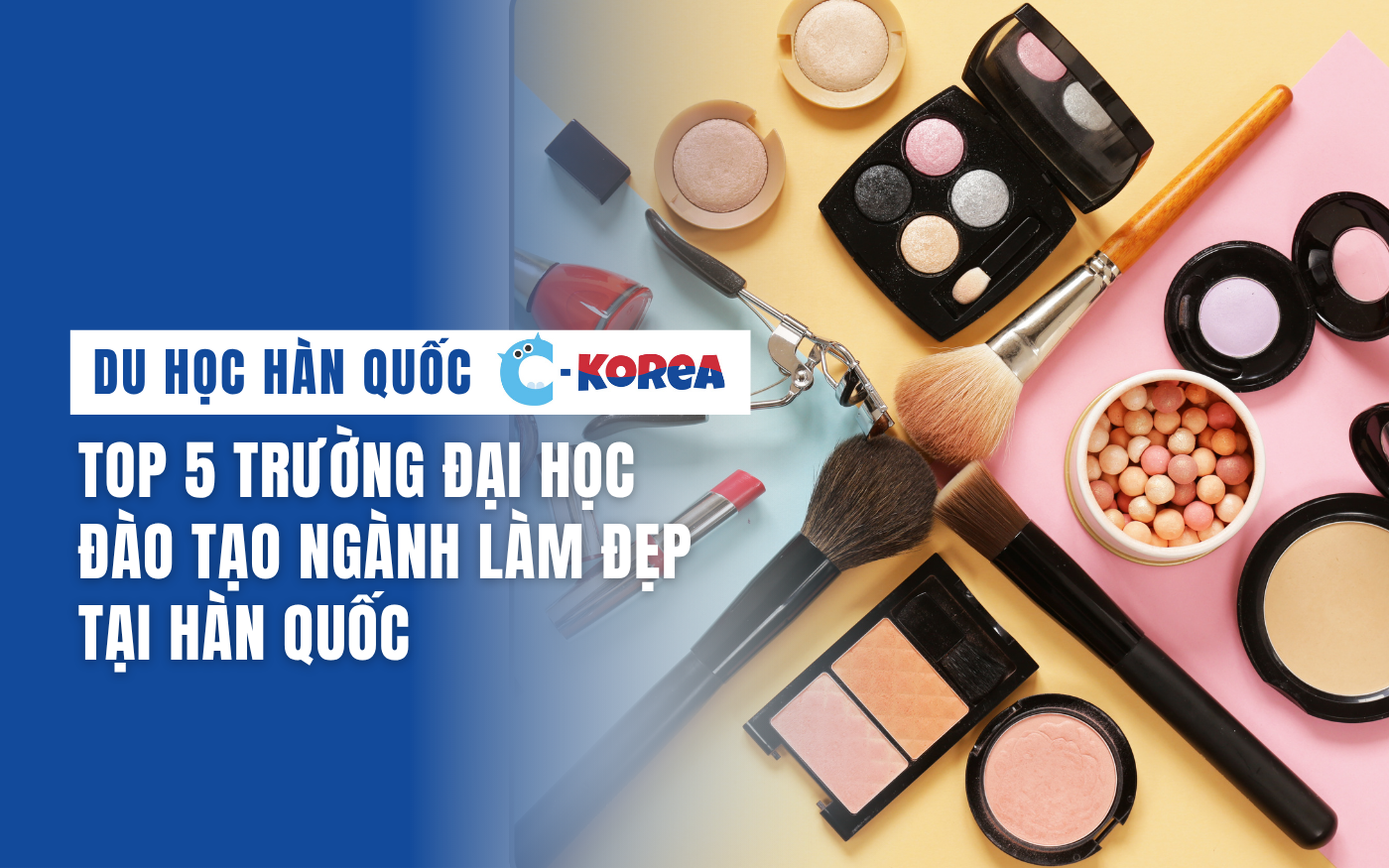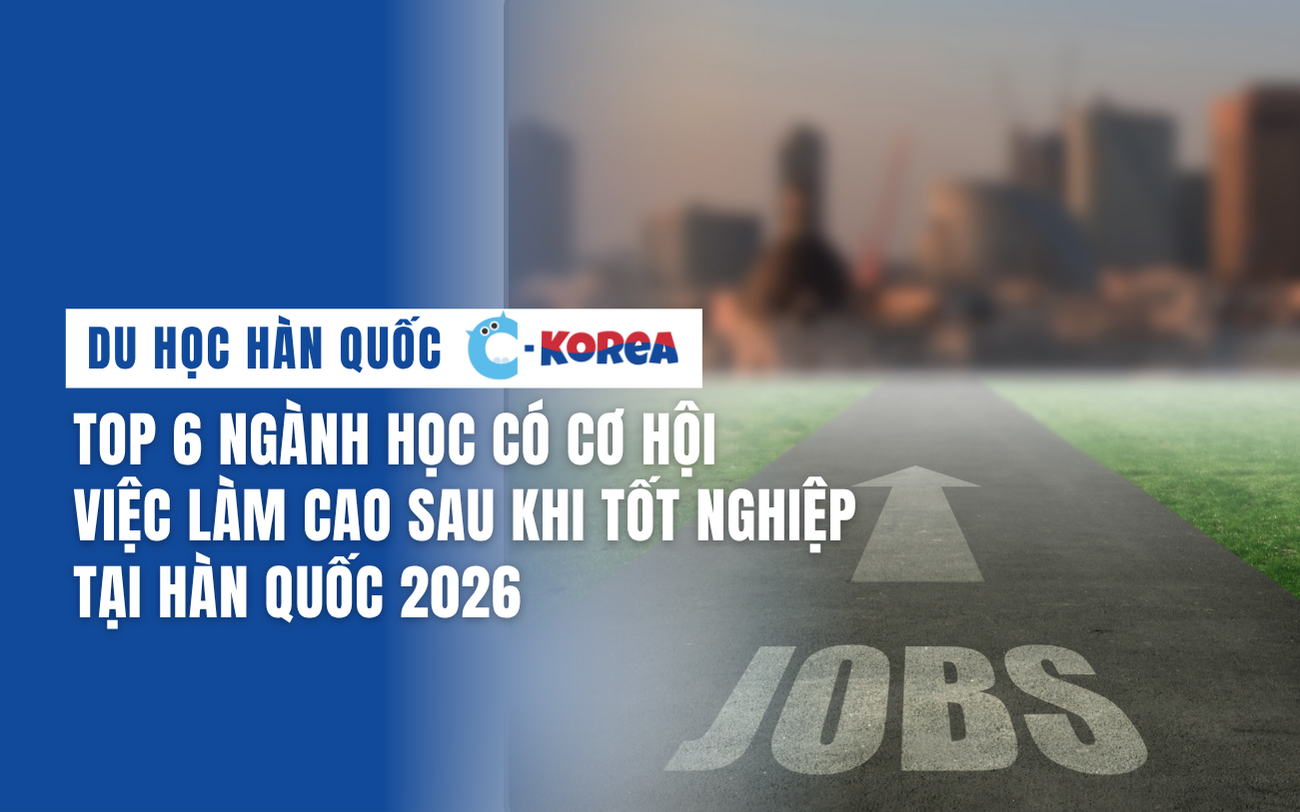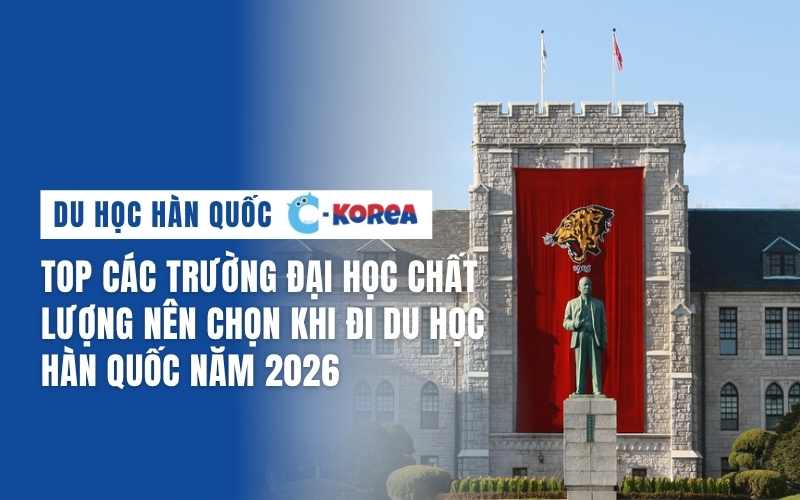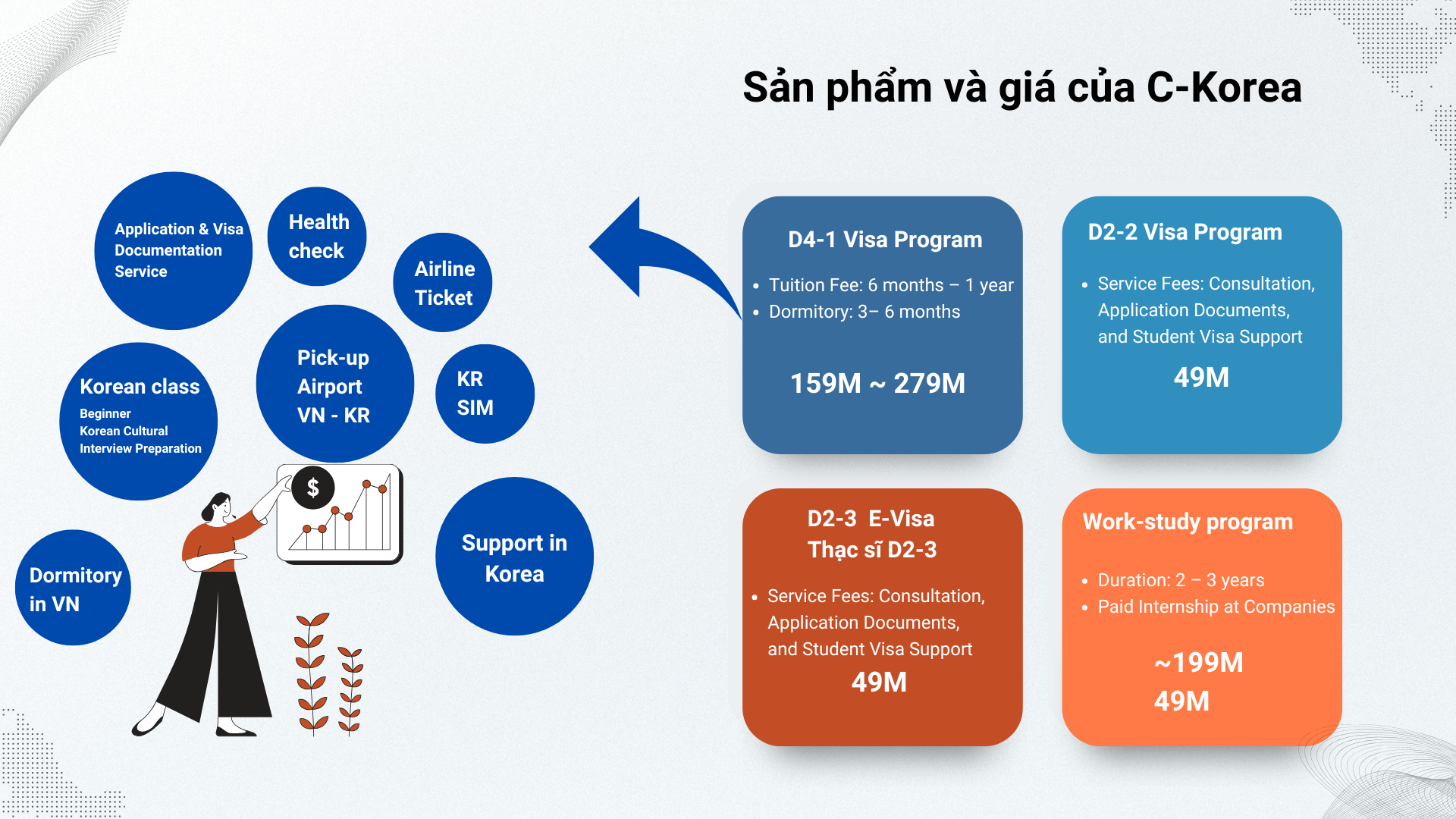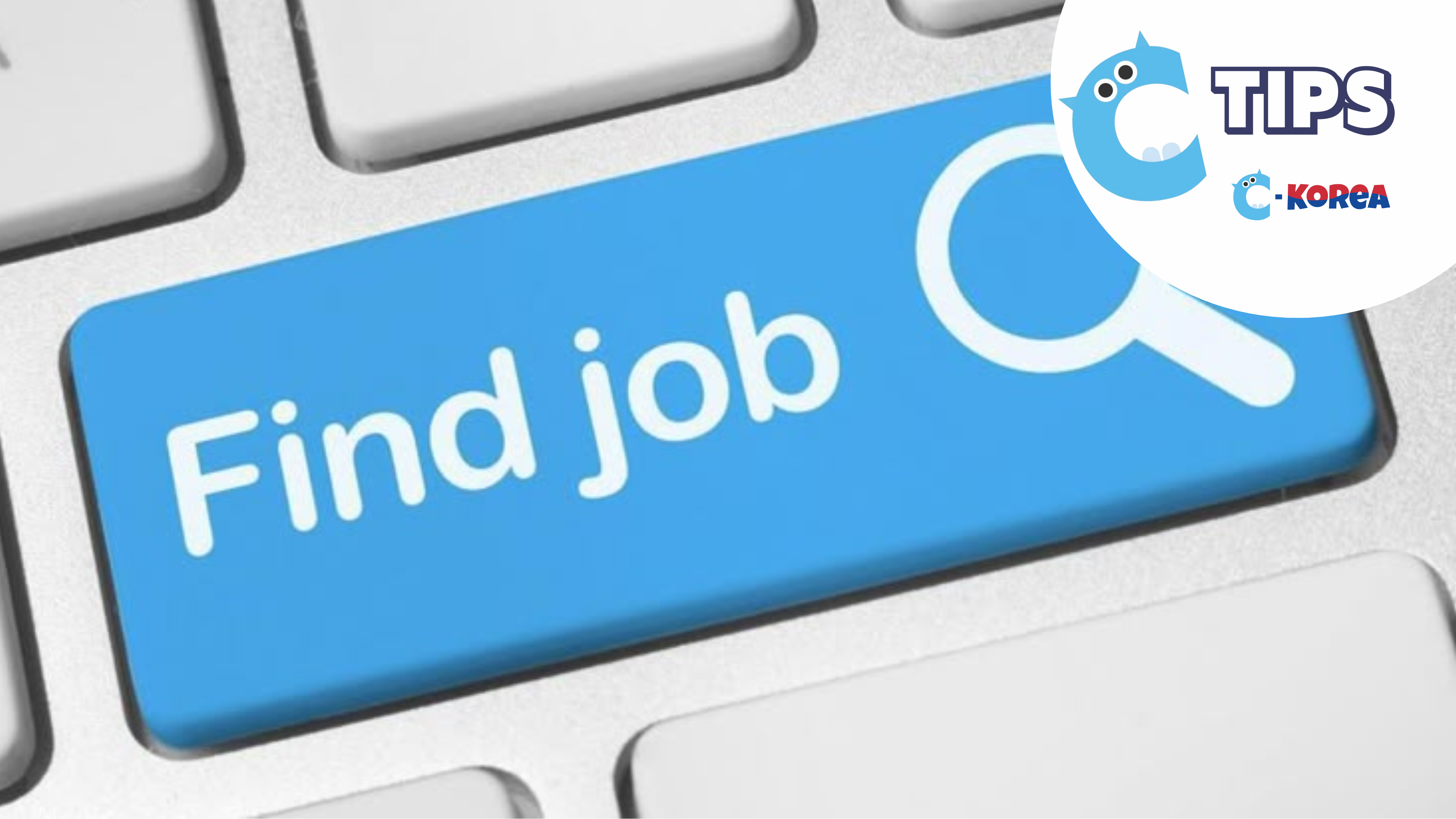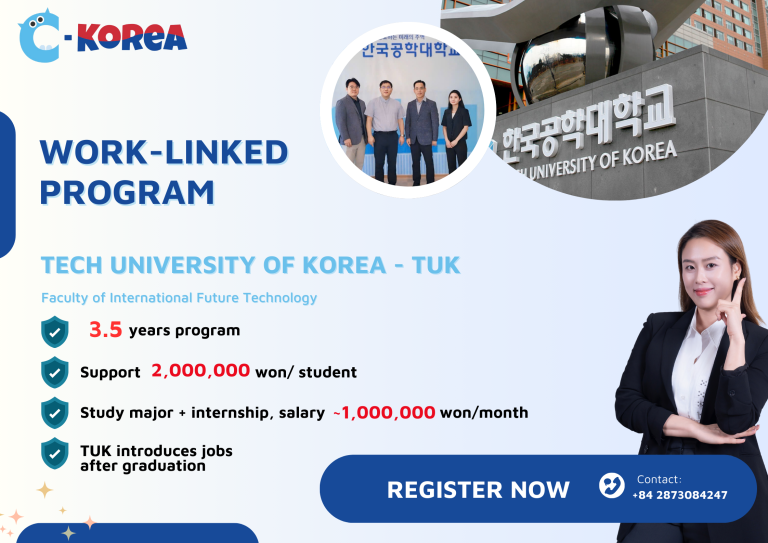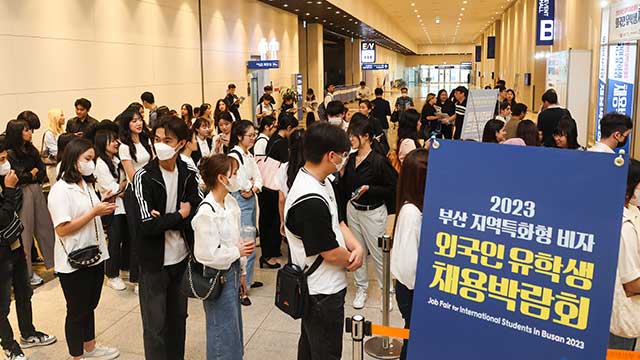
The government is creating a step-by-step visa conversion, or so-called ‘visa ladder’, to encourage foreigners to settle in Korea.
To this end, the government has decided to change the content of education for international students and increase the number of applicants for startup visas.
The government announced the ‘Promotion Plan for Collaborative Budget for Foreigner Policy for Study Abroad, Settlement, and Innovation’ containing these contents at the Economic Relations Ministerial Meeting held today (7th).
The visa ladder means that it supports visa connections from the time of entry into the country to foreigners’ domestic employment, entrepreneurship, and regional settlement.
For example, if you enter the country with an international student visa (D-2), the government department will create a link from the time of entry through the time of obtaining a job-seeking visa, skilled worker visa, and regional residence (F-2-R) visa.
First, the government will strengthen industry-academia cooperation employment education for international students.
We will move away from the existing theory-centered curriculum and increase the proportion of university education centered on associate degrees and industry-academia cooperation that are easy to link with domestic field training and employment.
Through this, the plan is to encourage international students to find employment and settle in Korea.
For non-professional workers (E-9), we will determine in advance whether they want to change to a skilled worker visa or settle down, and provide customized services to those who wish to do so.
Following the shipbuilding industry this year, we will establish a special class for skilled workers in all industries next year to teach Korean, etc.
In addition, when non-professional workers change their visa to skilled workers (E-7-4), we plan to ease the Korean language requirements, etc. on the premise of long-term work in local areas. This is a measure that takes into account the labor shortage at local companies.
The government plans to improve the visa system so that income requirements, etc. are given preferential treatment when settling down in a local area for all visa types.
Support for foreigners starting businesses will also be strengthened.
We will increase the number of people issued with a Startup Preparation Visa (D-10-2), and expand startup education, which was previously only provided in the metropolitan area, to non-metropolitan areas.
[Photo source: Yonhap News]
For more information about studying and working in Korea, please contact:
C-KOREA CULTURE AND STUDY ABROAD CONSULTING CO., LTD.
- Address: 5th Floor, 94 – 96 Nguyen Van Thuong, Ward 25, Binh Thanh District, HCMC
- Hotline: +84 28 7308 4247
- Facebook: https://www.facebook.com/profile.php?id=61565051012830
- Tiktok: https://www.tiktok.com/@duhoc_ckorea
- Youtube: https://www.youtube.com/channel/UCQspuqhQlf4IRFCDzN4ce2A





